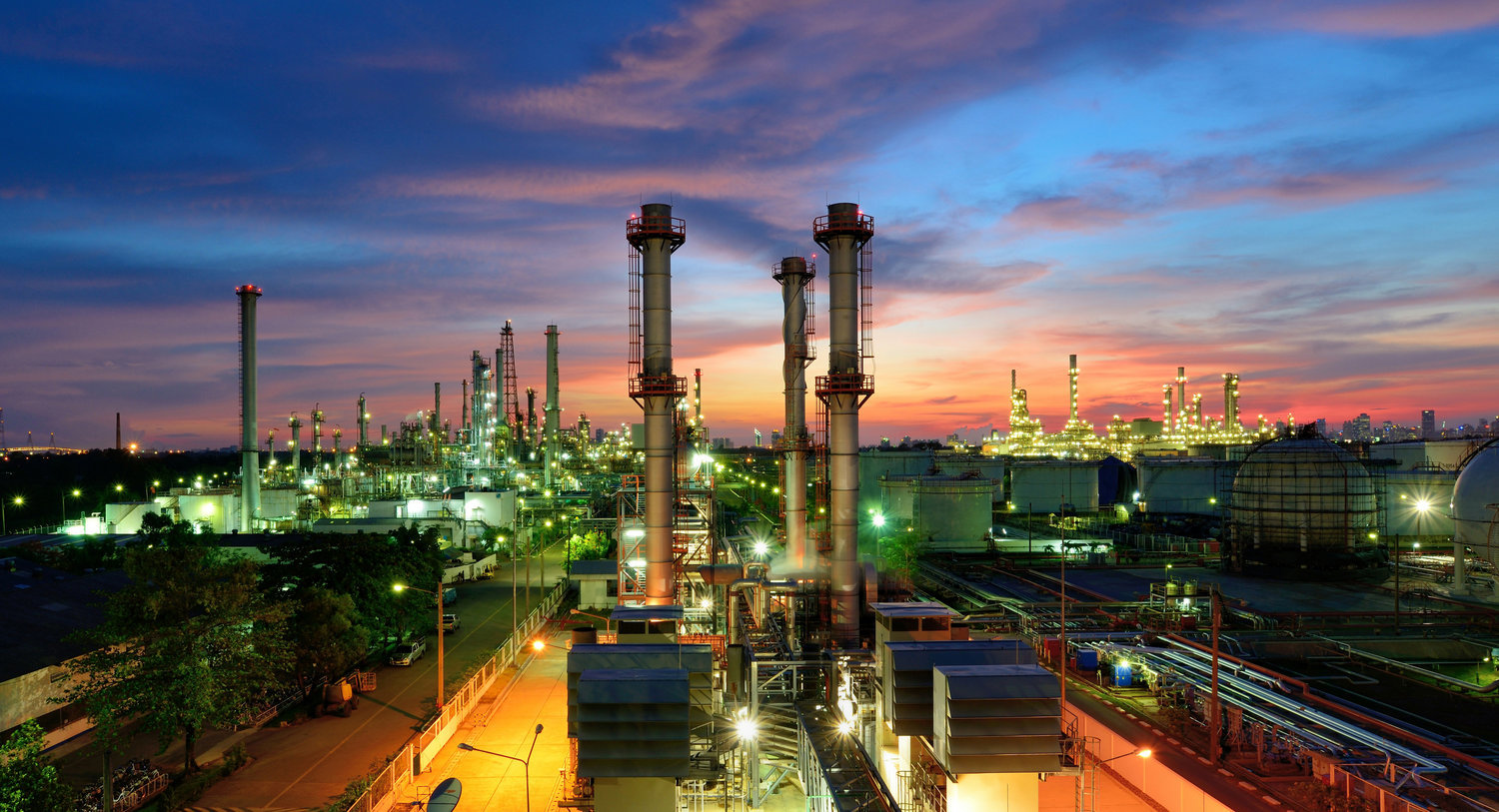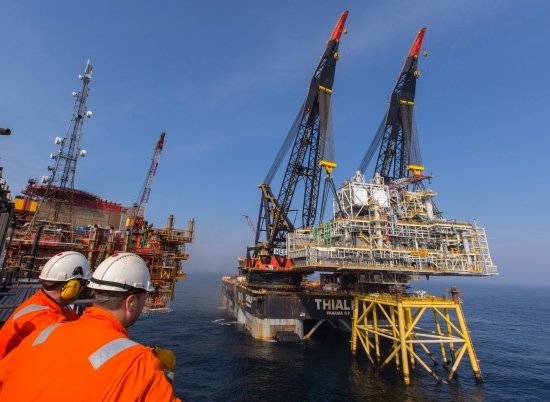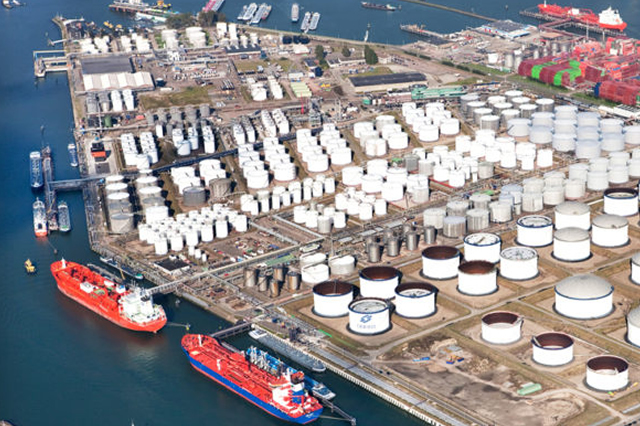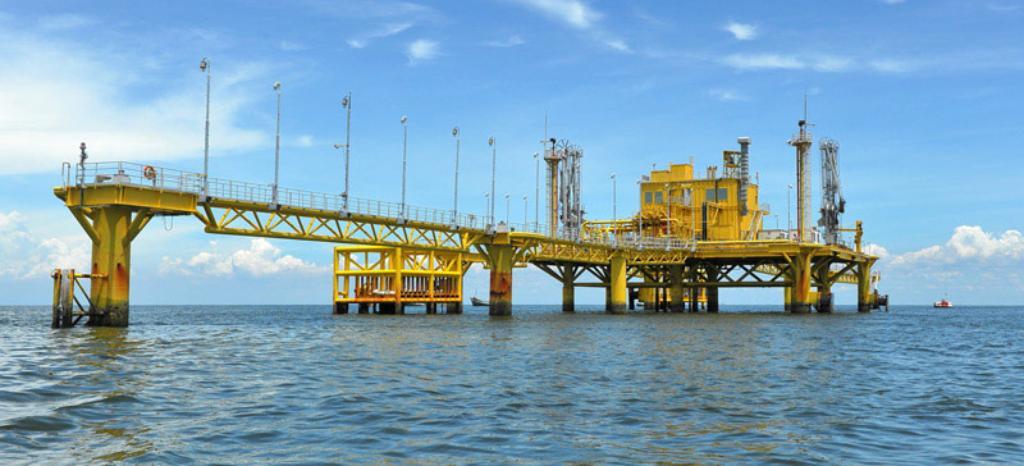- +77 074 34 60 11 or +7 775 254 4957.
- GREEN PRODUCTION, TOO., Dostyk Avenue, 105, Medeu district, Almaty, 055990, Kazakhstan
- sales@greenproductionllp.com
GREEN PRODUCTION, TOO
GREEN PRODUCTION, TOO
GREEN PRODUCTION, TOO
About Us

Overview
Green Production, TOO operates within Kazakhstan’s burgeoning industrial landscape, leveraging Almaty's strategic location to cater to both domestic and international markets. The refinery is equipped with state-of-the-art infrastructure designed to process a range of hydrocarbon products efficiently while minimizing environmental impact.
Economic Impact
Green Production, TOO not only promotes environmental sustainability but also plays a significant role in the local economy. The refinery creates numerous job opportunities, from technical roles to administrative positions, fostering economic growth in Almaty. Additionally, by adhering to international standards, Green Production enhances Kazakhstan’s position in the global energy market.


Absolutely, export terminals are essential hubs in the global trade network. They serve as the final point of departure for goods being shipped internationally, making them a key link in the supply chain. These terminals are designed to handle large volumes of cargo, including bulk goods like oil, coal, and grain, as well as containerized goods. Their efficiency directly impacts the speed and cost of global trade, influencing everything from the availability of goods in international markets to the stability of regional economies.
Moreover, export terminals are equipped with specialized infrastructure to manage the transfer of goods between different modes of transportation, such as rail, road, and maritime. This includes storage facilities, loading and unloading equipment, and often customs and inspection services to ensure that goods meet regulatory requirements before leaving the country.
Pioneering Sustainable Refining in Almaty, Kazakhstan
Green Production, TOO stands as a trailblazer in the refinery sector in Almaty, Kazakhstan, distinguished by its commitment to sustainable and eco-friendly practices. Established to address the growing need for environmentally conscious industrial solutions, Green Production integrates advanced refining technologies with rigorous environmental stewardship.

Sustainable Practices
At the core of Green Production’s operations is a robust commitment to sustainability. The refinery implements several key practices to ensure minimal ecological footprint:
- Advanced Technology: Green Production employs cutting-edge refining technologies that optimize resource use and reduce waste. The refinery utilizes hydrocracking and other advanced methods to increase yield and decrease emissions.
- Energy Efficiency: The facility integrates energy-efficient systems to lower its overall energy consumption. This includes the use of waste heat recovery systems and high-efficiency pumps and compressors.
- Waste Management: A comprehensive waste management system is in place to handle by-products and residues. The refinery focuses on recycling and reusing materials wherever possible, and adheres to strict regulations to ensure safe disposal of non-recyclable waste.
Community Engagement
The company is committed to being a good neighbor and actively engages with the Almaty community. Green Production supports various local initiatives, including educational programs on environmental sustainability, community clean-up projects, and partnerships with local organizations to promote green practices.
Future Vision
Looking ahead, Green Production, TOO aims to further enhance its sustainability efforts by investing in research and development for new technologies and processes. The refinery plans to expand its product range to include more environmentally friendly options, such as biofuels and lower-emission fuels, aligning with global trends toward cleaner energy solutions.
In summary, Green Production, TOO exemplifies the integration of cutting-edge refining technology with a steadfast commitment to environmental responsibility. As it continues to innovate and grow, the refinery is poised to make a lasting impact on both Kazakhstan’s energy sector and the global movement towards sustainable industrial practices.

Environmental safety in a refinery, such as one operated by GREEN PRODUCTION, TOO, is a critical aspect of its operations. Refineries deal with the processing of crude oil into various petroleum products, which involves complex chemical processes that can pose significant environmental risks if not managed properly. Here's an overview of the key components of environmental safety in refinery operations:
Emissions Control
- Air Quality: Refineries are significant sources of air pollutants, including volatile organic compounds (VOCs), sulfur dioxide (SO₂), nitrogen oxides (NOₓ), and particulate matter. To minimize these emissions, refineries use technologies such as flue gas desulfurization, selective catalytic reduction, and vapor recovery units.
- Greenhouse Gases: Refineries are also sources of carbon dioxide (CO₂) and methane (CH₄), both potent greenhouse gases. Implementing energy-efficient processes, carbon capture and storage (CCS), and using cleaner fuels can help reduce these emissions.